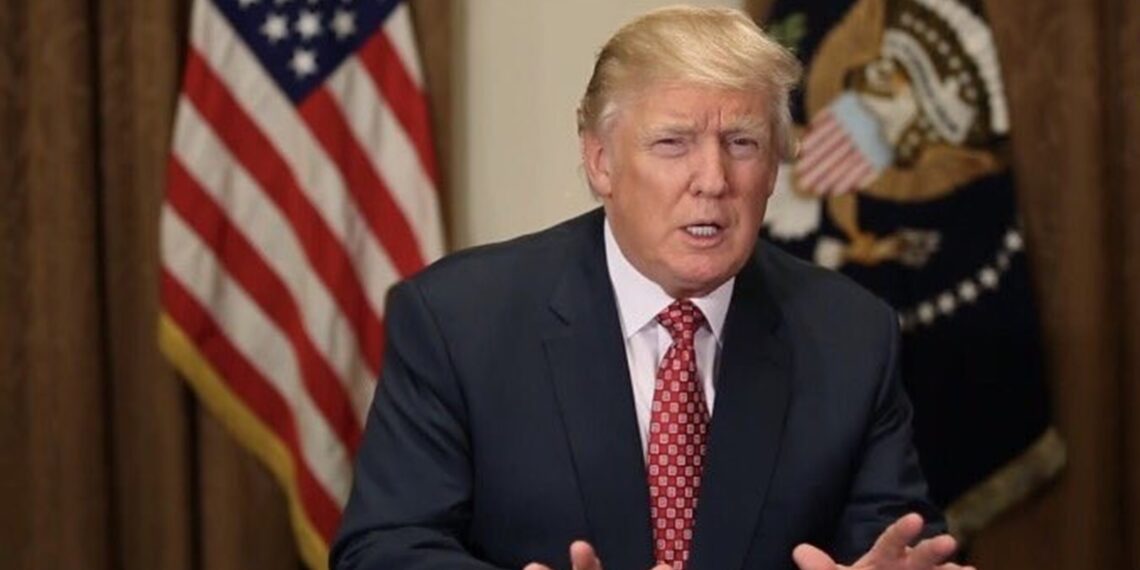U.S. President Donald Trump has announced a sharp increase in tariffs on imports from India, doubling the rate to 50 percent in response to New Delhi’s ongoing oil trade with Russia.
The move, formalised through an Executive Order signed on Wednesday, marks a significant escalation in Washington’s trade stance against India.
Citing national security and foreign policy concerns, the White House said India’s purchase of Russian crude—either directly or via intermediaries—posed an “unusual and extraordinary threat” to the United States.
The initial tariff of 25 percent will remain in effect until August 7, after which the additional 25 percent levy will be implemented 21 days later.
The new duty will apply to all Indian goods entering U.S. ports, except those already en route or covered under specific exemptions.
The Executive Order leaves room for future adjustments depending on evolving geopolitical or trade circumstances, including potential retaliatory actions from India or diplomatic shifts involving Russia.
“In accordance with U.S. trade law, Indian-origin goods entering U.S. customs will now attract an additional 25% ad valorem duty,” the order stated, adding that the new rate would not apply to shipments already in transit before the effective date.
Trump had hinted at the increase on Tuesday, warning that tariffs on India would be raised “very substantially” within 24 hours due to its continued reliance on Russian energy imports.
Back home, the development triggered strong reactions from opposition leaders. Shiv Sena (UBT) MP Priyanka Chaturvedi took to social media to question whether India had now become the most heavily tariffed nation globally.
ALSO READ: Meghalaya Transport Department orders reversal of illegal vehicle modifications
“An additional 25% over the existing 25%? Perhaps the Trade Minister can shed some light,” she wrote on X.
Congress MP Shashi Tharoor also voiced concern, warning that a 50% tariff could seriously harm Indian exports to the U.S.
“That level of duty will make our products too expensive for American consumers, especially when compared to items from countries like Vietnam, Indonesia, or even Bangladesh and Pakistan,” Tharoor said, as quoted by ANI.
He urged the Indian government to pivot towards other international markets, including the UK and the EU, where trade negotiations are underway. “In the short term, this is certainly a setback,” he added.















